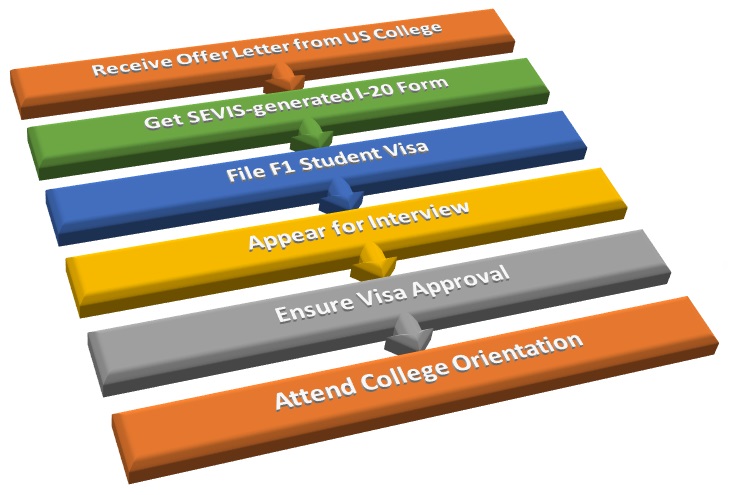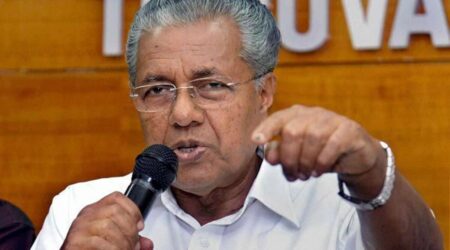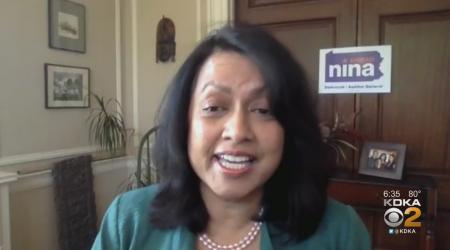By Dev B. Viswanath, Esq.
The F-1 visa is a temporary nonimmigrant visa that is available to individuals who wish to come to the United States to attend an academic program or English Language Program at a U.S. college or university. In order to qualify for an F-1 visa an individual must meet the following requirements:
- Must be enrolled in an academic educational program or a language training program
- The program or course of study must result in a degree, diploma, or certificate
- The school which the individual plans to attend must be approved by the Student and Exchange Visitors Program (SEVP)
- The individual must be enrolled full-time at the college or university
- Must be proficient in English or be enrolled in courses to learn English
- The individual must have enough financial support to finance themselves while in the U.S.
- Must maintain a foreign residence that the individual does not intend on giving up
Only schools certified by the Student and Exchange Visitor Program (SEVP) can enroll nonimmigrant students. Once the school determines that the individual’s application is complete and they are academically eligible, the school will issue an I-20 form for SEVIS to allow the individual to obtain the student visa. Students on an F-1 visa are generally not allowed to work off-campus during their first academic year, but may be allowed to find employment on-campus depending on what they will be required to do. After the first year, the student may work off-campus but only in the following three categories
- Curricular Practical Training (CPT)
- Optional Practical Training (OPT)
- Science, Technology, Engineering, and Mathematics (STEM) Optional Practical Training Extension (OPT)
Any employment that an F-1 student finds off-campus must be related to their area of study and must be authorized by the Designated School Official (DSO) and USCIS before they start working. The Designated School Official is the person who is authorized to maintain the Student and Exchange Visitor Information System. The student must also attend all classes and maintain passing grades and complete the program by the date listed on their I-20. If they need additional time to complete their program, they will need to request a program extension. A student is also allowed to remain in the U.S. up to sixty days beyond the length of time it takes to complete their academic program – called a grace period or apply to work under the OPT Program in order to stay for a longer period of time. OPT is usually given for 12 months under the F1 visa unless the degree is a STEM degree, in which case an additional 17 months of OPT may be granted.
Any dependents of F-1 nonimmigrants, spouses, and children under the age of 21, may be eligible for F-2 nonimmigrant status. However, a dependent spouse is not allowed to work or study, but dependent children are allowed to study. The F-2 status is granted for no longer than the period of time granted to the principal F-1 nonimmigrant.












